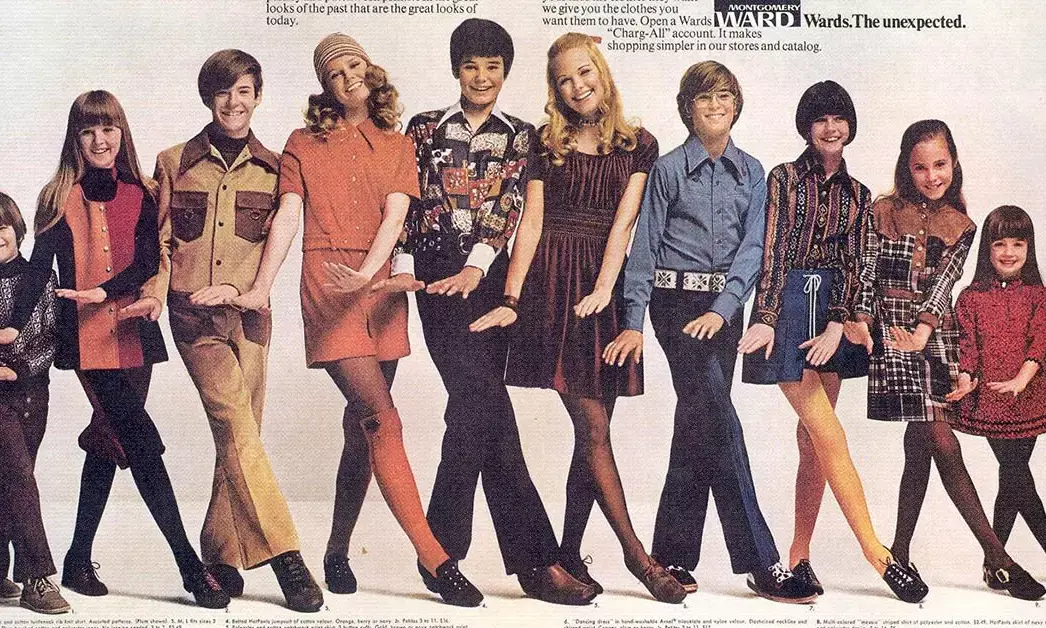'These ad and marketing guys need counselling, not the children'
Draft guidelines for child labour in entertainment

The National Commission for Protection of Child Rights (NCPCR) has at last woken from its slumber to look into the exploitation of children in the name of scouting talent for the ever booming entertainment industry.
Children could not be employed under the Child Labour (Prohibition and Regulation) Act of 1986 but they were divided into different age categories in a 2016 amendment that made two notable exceptions legalising child labour.
One, it allowed children to work in family-owned enterprises, something that remains vague and difficult to identify till date, and secondly it allowed children to work as artists in the audiovisual entertainment industry.
The rules for this exception included fixed working hours, a provision that most of the money earned by the kids would be put into accounts that they would be able to use only when they were 18, and that their studies would not be disturbed.
Now however the NCPCR has issued further guidelines for the entertainment industry which highlight the shortcomings of the protocols issued earlier.
The draft 'regulatory guidelines' issued by the NCPCR last month cover television programmes, movies, content on OTT platforms and social media, the performing arts, advertising, and 'any other kind of involvement of children in commercial entertainment activities'.
Admitting that the Right to Education Act is not being upheld, the draft regulation puts the onus of ensuring education on the producer.
The draft reads, "The producer has to ensure that the school education of children engaged in the shooting will not get affected. A child excused from school attendance because of engagement in the entertainment industry shall be taught by a private tutor appointed by the producer."
Will the private tutorials qualify the child to appear in the CUET made compulsory for admissions after schools? worried parents are asking.
The guidelines also bar a child from "being cast in a role or situation that is inappropriate or causes distress while stating that age, maturity, emotional or psychological development and sensitivity have to be kept into consideration."
Talking about the new guidelines, Shashant Shekhar, prominent lawyer and former member of Delhi Commission for Protection of Child Rights says, "I am happy that the NCPCR has taken this initiative to make life better for talented children who are making a mark in the entertainment industry."
He said that while the last guidelines were issued in 2011, several new laws have been introduced to protect children from criminal exploitation, such as the Protection of Children from Sexual Offences Act 2012, Juvenile Justice Act 2015, Child Labour Amendment Act 2016, and the IT Rules last year.
Those familiar with the entertainment industry however say that it is convenient to set rules about working hours and other regulations as an outsider but no one can judge the emotional toll these so called reality shows take on children and their parents.
Says Meghana, an avid TV viewer, "It is not funny how tiny tots and even grown up children appearing in dance or singing competitions are pumped up by the organisers who teach them to shout every time they go on stage, 'I am the best!'.
"What happens to them and their parents when they lose out is heartbreaking with the parents crying inconsolably. I am sure they must have become psychological wrecks when they go back home because their failure is the talk of the whole town or mohalla as it has been magnified hundred times through the outreach of the TV programs.
"It is these ad and marketing guys who need counselling, not the children, to keep the expectations of children grounded," she concludes.
Adds Dr Kiran Aggarwal, pediatrician and child rights activist, "The producers must ensure that the children are immunised against all diseases. They should be provided healthy food not junk food, and must have proper health insurance and periodic health checkups.
"Most important, there should be close monitoring of any complaints of child or sexual abuse, which is quite easy with innocent children, particularly from poor families who are showpieces for these channels."
Also read 'Nepotism is for the rich – for us, there's the couch'


